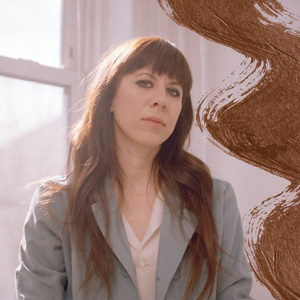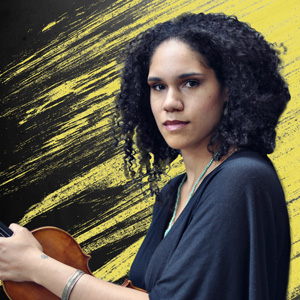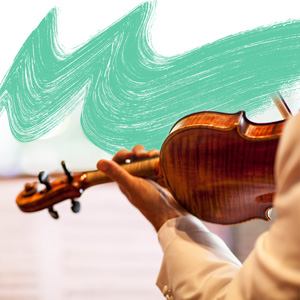Memories and Reflections: Mazzoli, Mozart, and Brahms
Sun Valley Pavilion 300 Dollar Rd, Sun Valley, Idaho, United StatesAmerican Composer Missy Mazzoli, writing about her piece, These Worlds in Us, noted that “we accumulate worlds of intense memory within us.” Mozart must have had a headful of memories when he completed his clarinet concerto in 1791, a couple months before he died. It pairs grace and gravity in equal measure, with the clarinet hinting at a sense of sadness behind its beauty. In the summer of 1873, Brahms recalled a tune he had heard a few years before, attributed to Haydn, and composed his lovely variations based on it.



